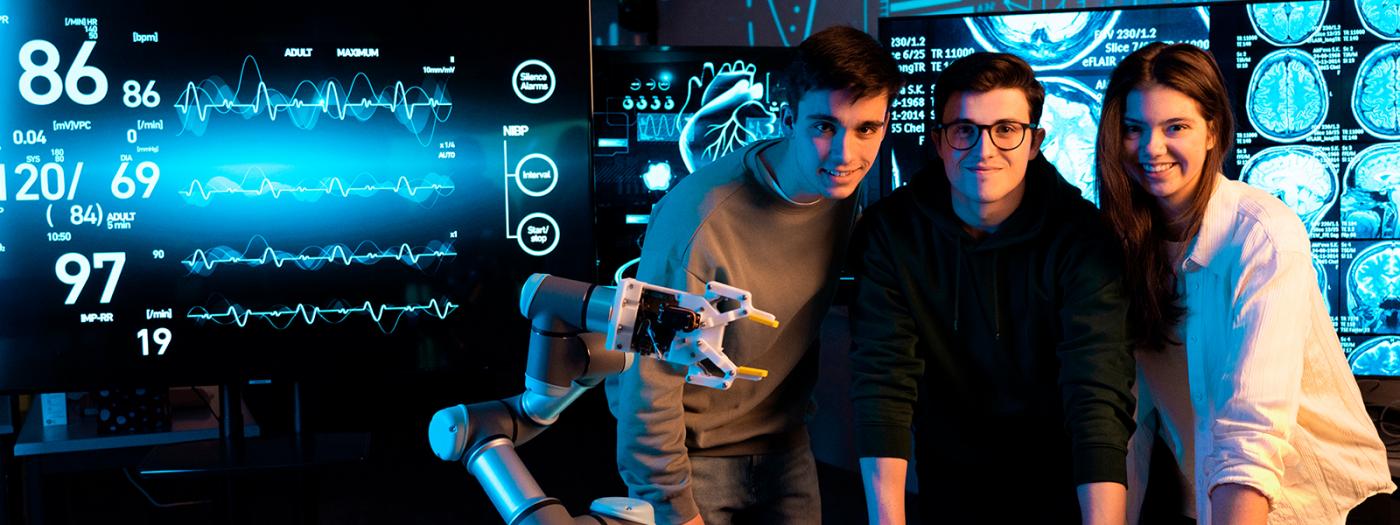No prior knowledge is required.
Students acquire the following knowledge and develop the following skills:
1. Understand the key concepts of digital health from a clinical and person-centered perspective.
2. Analyze the impact of technology on shared decision-making and the patient experience.
3. Identify opportunities to improve accessibility, adherence and health literacy through digital tools.
4. Critically evaluate existing digital solutions based on real clinical needs.
5. Design empathetic and sustainable digital health proposals in care settings.
6. Learn how to design a digital health project including all necessary elements for its development and implementation.
Module 1: Introduction to Digital Health in the clinical setting
- What is digital health and why it matters.
- Established technologies in clinical care: telemedicine, apps, electronic health records.
- Shared decision-making and patient experience.
- Health literacy and digital gap.
Module 2: Needs-based assessment and design
- Clinical cases and exploration of unmet needs.
- Accessibility, adherence and inclusive design.
- Gamification and patient engagement.
- Designing projects based on impact.
Module 3: Practices and projects
- Role-playing: professionals and patients facing clinical alerts and notifications.
- Co-design workshop: selecting the best proposal based on real clinical challenges.
- Presentation of the final project with critical and group assessment.
The course is structured in participatory lectures, guided case-solving, workshops, debates, group practices, clinical visits and a final cooperative project. Students will develop competencies through active methodologies, project-based learning and gamified activities.
Continuous assessment. Check the electronic folder for the course.
Continuous assessment. Check the electronic folder for the course.
Check the electronic folder for the course.
Check the electronic folder for the course.
